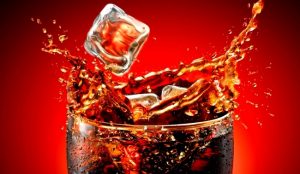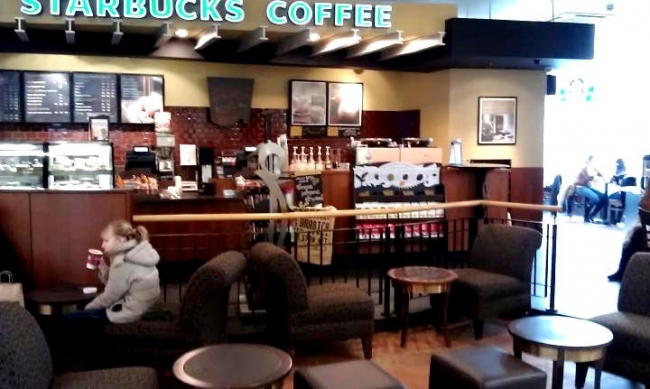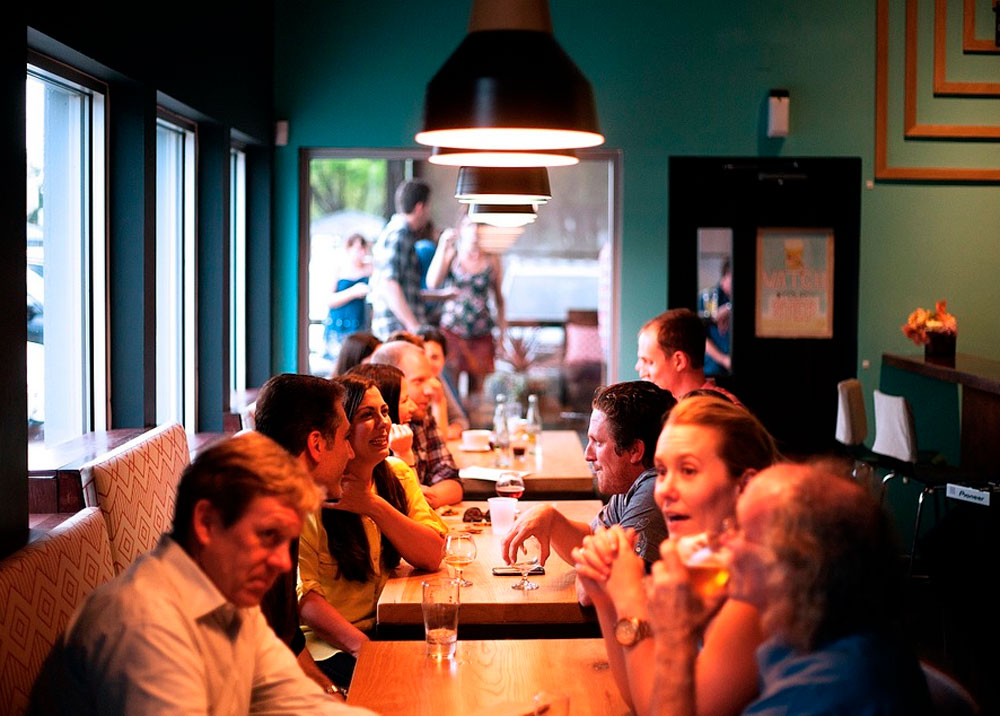Interesting facts about Coca-Cola
 Coca-Cola is one of the most popular drinks in the world, and many people already know that it was originally created as a drug and was sold in pharmacies. Pharmacist John Pemberton, the creator of this drink, named this drink after the components of which he made it – the leaves of the coca tree and the nuts of the cola plant. Coca-Cola can be called a truly legendary drink – which is worth a long-term advertising campaign with Santa Claus in the lead role! By the way, this strategy was included in the collection of the greatest advertising campaigns of the twentieth century.
Coca-Cola is one of the most popular drinks in the world, and many people already know that it was originally created as a drug and was sold in pharmacies. Pharmacist John Pemberton, the creator of this drink, named this drink after the components of which he made it – the leaves of the coca tree and the nuts of the cola plant. Coca-Cola can be called a truly legendary drink – which is worth a long-term advertising campaign with Santa Claus in the lead role! By the way, this strategy was included in the collection of the greatest advertising campaigns of the twentieth century.
If you superficially go over the history of the creation and development of the Coca-Cola brand, it may seem that the company has always conducted an honest, albeit somewhat aggressive policy of promoting its product. In fact, absolutely any big business harbors hidden facts from the public. And these secrets do not always give a reason for pride.
In 2012, Michael Blending’s book “Coca-Cola. Dirty Truth ”, in which he tried to uncover obscure facts from the life of the Coca-Cola Company. Blending conducted his own journalistic investigation and found out what the drink actually is like, which many people in our country love, and the corporation that produces this drink.
Expansion of production during the Second World War
During World War II, the Coca-Cola Company began trying to expand the distribution area of its products. The company’s management held talks with the United States government, convincing them that absolutely every American soldier would be able to buy a bottle of Coca-Cola, wherever he was. And it will cost only 10 cents. Such a promise, of course, interested the government. However, there was an acute problem – how quickly and without problems to deliver products to different places of the world, especially the drink was in glass bottles, which complicated the procedure of transportation. And then the Coca-Cola Company went to the trick: she asked the American government for funds to build production plants in South America and Europe, citing the fact that it would be easier to arrange delivery of products to soldiers. In this way, the Coca-Cola Company was able to easily expand production and capture the market at a rate of 69%.
Before World War II and during it, Germany was one of the main markets for Coca-Cola. In early 1943, there was a problem with the presence of sugar. In Germany, it was imported from South America, and when the logistics were seriously disturbed, the Coca-Cola Company was revered: how to produce a drink without sugar? The solution was found quickly. It was necessary to come up with a new drink, for the manufacture of which sugar would not be required at all. This is how the well-known Fanta appeared, which contained apple cake instead of sugar.
Children have become a new “victim” of marketing strategy
In the late 1990s, the Coca-Cola Company began its expansion into American schools. This time, the leadership of the Coca-Cola Company decided to “walk” in children. Many schools have been contracted under the terms of which no drinks should be sold within the school, except Coca-Cola. And in school cupboards, and in vending machines with drinks, children could only buy this soda. Of course, such an agreement also had a financial side – the school received approximately $ 3,000 per year for this.
To get an even larger children’s audience, the Coca-Cola Company began promoting its products through children’s films. From 2001 to 2009, almost every children’s film, broadcast in cinemas, flashed a bottle of Coca-Cola. And this information penetrated deeper and deeper into the consciousness of children, arousing in them the desire to drink this drink, which is far from being the most useful for the children’s organism. But the product placement for this was calculated.
Filter or not filter?
If you are interested in the quality of water that is used to make Coca-Cola, then there is really nothing to please you. No matter how much the Coca-Cola Company claims that they use the most modern and efficient filters, the reality is somewhat different. The syrup concentrate, which is necessary in order to get Coca-Cola, and not any other drink, is made only at the main plant of the Coca-Cola Company. Next, this concentrate is transferred to other plants (called botlers), which have independently completed the production process. . They dilute the concentrate with water, bottled the drink and delivered to the point of sale. Interestingly, the Coca-Cola Company does not control in any way what kind of water plant botlers use to make a drink. As it became known from the journalistic investigation of Michael Blending, which he described in the aforementioned book.




